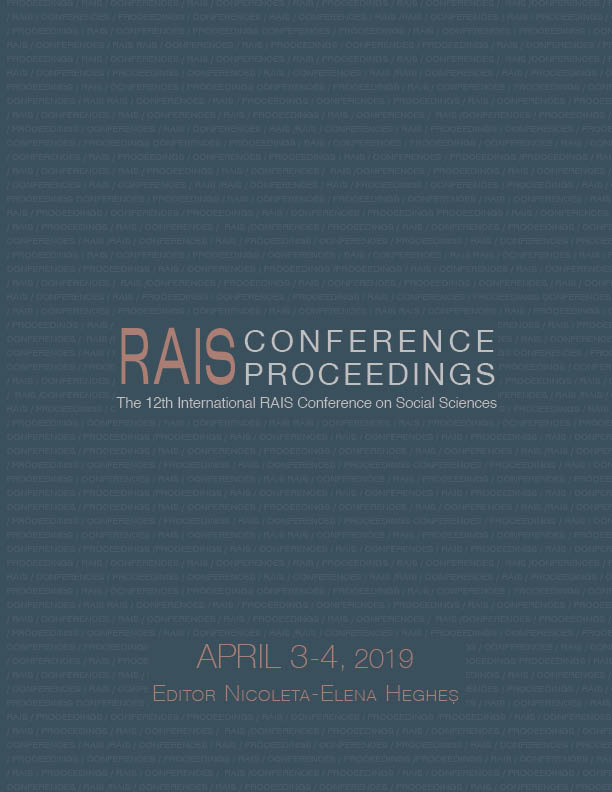“White Terror and Ghosts of Kenya”: Postcolonial, Socio-Political Imagery and Narratives of Kenyan Diasporas
“White Terror and Ghosts of Kenya”: Postcolonial, Socio-Political Imagery and Narratives of Kenyan Diasporas
Author(s): Radoli Lydia Ouma
Subject(s): Nationalism Studies, Sociology of Politics
Published by: Scientia Moralitas Research Institute
Keywords: postcolonialism; socio-political narratives; colonial imagery; post-independence Kenya;
Summary/Abstract: “White Terror” (2013), a BBC documentary details colonial atrocities in Kenya and thereafter state of emergency. I argue, ghosts (memories) of the atrocities still haunt a few remaining colonial survivors. Socio-political colonial structures were inherited in post-independence Kenya. The documentary based on Harvard’s History Professor Caroline Elkins (2005) research was evidenced in a legal suit of five colonial survivors against the British government for torture. Post-2007 ethno-political conflicts in Kenya can be linked to misappropriations in the 1954 Swynerton land tenure reforms. British occupation of native land sparked an insurgency that resulted in a state emergency (1952-1960), and later turned into struggle for independence. To Kenyans, Mau Mau (largely Kikuyus) were freedom fighters, but inhuman savage terrorists to colonial agents. Geographical annexing of land placed the Kikuyu, a dominant ethnic group close to the colonial capital, while the rest of the tribes were disbursed in the peripheries. In postcolonial Kenya, political and economic disparities herald power struggles between dominant ethnicities, in the case of Kenya; Kikuyu, Luo and Kalenjin. Postcolonial theory was a result of colonial experience, “the testimonies of the third world countries and discourses of minorities within geographical and political divisions of “East and West”, “North and South” (Bhabha 1994). First generational Kenyans survived colonialism, but retain narratives of the struggle over colonial domination. Using a postcolonial and discourse theoretic qualitative methodology for documentary and interviews analysis, this paper traces narratives of postcolonial Kenya and impacts on present day social political challenges.
Book: Proceedings of the 12th International RAIS Conference on Social Sciences and Humanities
- Page Range: 384-392
- Page Count: 9
- Publication Year: 2019
- Language: English
- Content File-PDF

